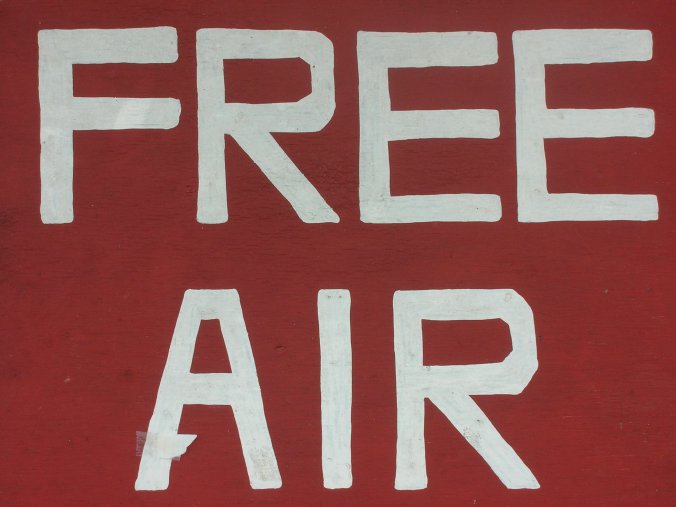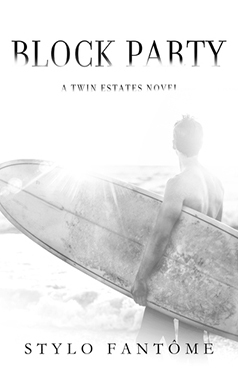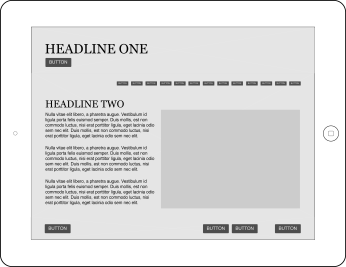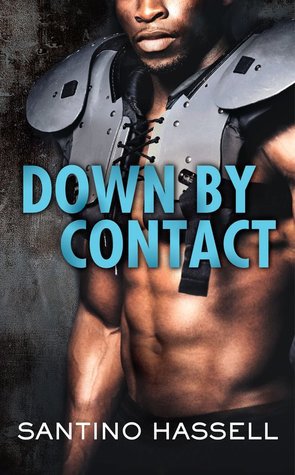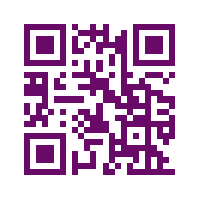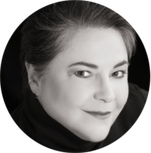
Q1. Hello, Robin, and welcome to my blog! How about we begin with you telling us a little bit about yourself? How and when did you start writing?
I think I started writing as soon as I could hold a pen. I write because I must, and because I love it. When I was maybe fourteen, my classmates were always clambering for the next installment of my series of stories I called Oh, That Taylor Girl! in which a teenage girl in Canada, in the 1800s, would get into all kinds of scrapes – kidnapped by fur traders, lost in the snow while searching for a missing dog, that kind of thing—and mostly got herself out of trouble again on her own, though she did occasionally have help from her boyfriend.
When I decided to try my hand at a novel, back in 2004, I had been working hard at learning to write short stories, which I had mistakenly thought would be fairly easy. Turns out if you can write a good short story, you can write anything. That work taught me to write clear, concise, and evocative prose. It also taught me that my best fiction voice is that of a teenage boy. Go figure…
Q2. And you are doing a good job at writing from that POV! Now, who are your favorite authors and do you think they’ve influenced your work?
In the MM genre, I love the work of Brent Hartinger and his husband, Michael Jensen. Cody Kennedy writes enthralling stories of hope for abused LGBT teens. Thomas Conner just started publishing, and I loved his first novel. David Lister has about twelve different writing voices, all convincing. Edmond Manning’s work is realistic fantasy, or maybe fantastic realism; not sure, but it’s great. But in terms of influence on me, I’d have to say David Levithan. I heard an interview he did just after publishing Boy Meets Boy, and I thought to myself, “Hey, I could do that!”
Outside this genre, I’d say Jeffrey Eugenides, Anita Diamont, Yann Martel, Marilynne Robinson, Margaret Atwood, David Guterson – how many can I name?
Q3. I’ve had the pleasure of reading books from Brent and Michael and I’ve interviewed each of them. It was fun getting to know them! Now, tell us, what are your biggest achievements? You can include professional and personal ones.
One relatable achievement was surviving (barely) a winter climb in the White Mountains of New Hampshire when my hiking partner and I got lost in a snowstorm and had to spend the night in a makeshift shelter. My feet got frostbitten and never quite recovered. I’m going to use that experience in my next novel, actually.
I’m immensely proud of the work I’ve done with my writing. My motto is that the only thing wrong with being gay is how some people treat you when they find out. That motto not only informs my writing, but it also makes the stories both entertaining and informative. I’ve had teens write to me and tell me how much hope my stories have given them. Adults frequently tell me they wished my stories had been available when they were growing up.
Most of my stories take readers into areas where they might not have gone before. For example, in Throwing Stones, readers learn about life as a neo-Pagan – scrying, spirit animals, sensing the energy within people and within rocks and crystals.
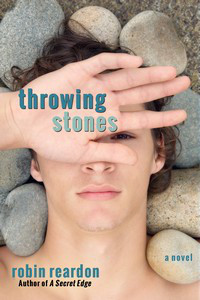
They’ll see the beauty of ceremonies that celebrate connection to earth and sky and life in all its forms. They’ll see all this through the eyes of a gay teen seeking to be accepted for who he is.
Q4. That first one is quite an achievement indeed! I’m sure you’ll manage to weave it into a novel that I’d like to read. Speaking of things I like: I’ve read your Waiting for Walker and Throwing Stones (review coming up later this week) so I know you write LGBT+ novels. Is there a particular reason you centre your work around that community?
My best fiction writing voice is that of a teenage boy. Also, because my mother gave me a strong sense of justice, when I look at what happens to gay teens it makes my blood boil. So many teens are rejected by their families, and many of them take to the streets to survive. Roughly a third of all teen suicides are gay kids. I guess you could say I heard a call.
Q5. What are you working on right now and what can we expect from you in the future?
I’m trying a couple of new things next. One is that my protagonist will be a little older than in my other stories (he’s a college freshman when the story opens), and the other is that it will be a three-book series, and I haven’t written a series before.
Nathan (the main character) will learn more about himself in each book, more about the kind of relationships that are good (or bad) for him, and more about what direction he wants his life to take. Each book will be centered around a different hike, with the first being that hike I mentioned above where I got my own feet frostbitten. I’ve hired a photographer for the covers, and one of them uses a photograph I took in the White Mountains as a background.
Also, I’m re-releasing a book first released in 2014 by Kensington Publishing.
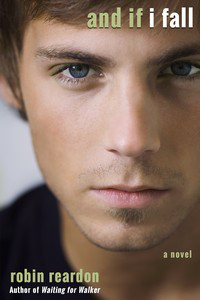
As is the case with most traditional publishers, I had very limited input on the title (The Revelations of Jude Connor) and the cover image. I consider it to be one my most substantial works, and I’ve decided to re-issue it, in e-book and print formats, with a new cover and the title I wanted originally: And If I Fall. It’s available for pre-release now from Amazon, iBooks, and Smashwords, for anyone who didn’t read the original. The release date is 12 January 2018.
Q6. Who is your biggest supporter and what would you like to say to them?
Oh, my, just one? Well… there’s one fellow in Belgium who is so fond of my stories that he’s read them all multiple times. And when he heard that Waiting for Walker had an intersex character in it, he did research on that condition before reading my book so he could understand it as well as possible.
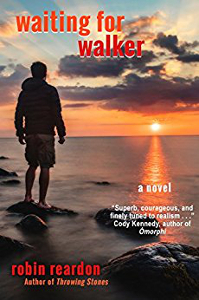
But please don’t think this kind of dedication is necessary in order to read and enjoy the story!
Q7. I admit: I did a little research on it myself before I started the book. Anyway, if you could give other authors one piece of advice, be it about writing, editing, promoting or increasing their audience, what would it be?
Here it is: read your writing aloud. More than once. And as though there is someone listening to every word. It’s so discouraging when I buy a book I can’t read because the poor construction, awkward voicing, unlikely dialog, or any of several other stumbling blocks that make it impossible for me to get involved in the story. So many of these barriers will reveal themselves if the prose is read aloud to an imaginary audience – or a real one, of someone is willing!
Q8. Thank you for giving me this interview, Robin! Before we part, tell us: where can people connect with you online?
I love readers and really enjoy hearing from people who have read my stories. There are lots of ways to connect with me:
- Website
- Email: therobinreardon@gmail.com
- Blog (And Now, This)
- Facebook author page
- Facebook personal page
- Goodreads page
- Twitter: @therobinreardon
Interested in the books Robin mentioned? Here’s where you can buy them:
Waiting for Walker
- Amazon
- iBooks
- Smashwords
Throwing Stones
- Amazon
- iBooks
- Smashwords
And If I Fall (pre-order only; publishing Jan 12, 2018)
- Amazon
- iBooks
- Smashwords

